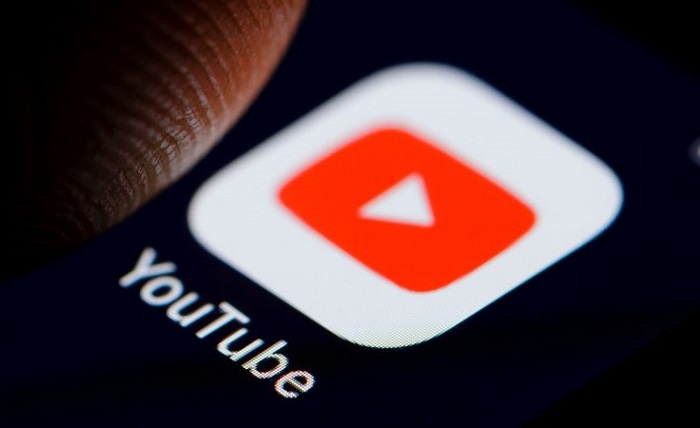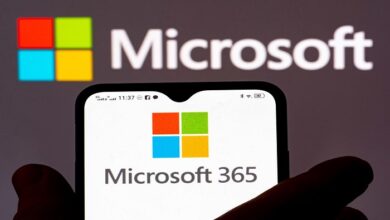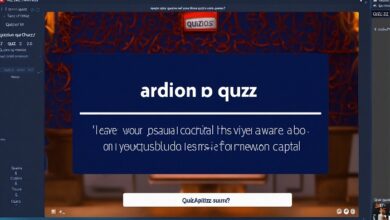A Ban on Fake YouTube Channels that Mislead Users, the Ministry Said

In a commendable move towards combating misinformation and protecting users, the Ministry has taken a significant step by implementing a ban on fake YouTube channels. These channels have been instrumental in spreading misleading information, causing confusion among users. In this article, we will explore the implications of this ban and its impact on online content consumption.
Understanding the Menace of Fake YouTube Channels
Fake YouTube channels have emerged as a persistent threat to the integrity of online information. These channels employ deceptive tactics to mislead viewers, disseminate false narratives, and promote malicious agendas. They often exploit the trust and credibility associated with YouTube, making it essential to address this issue promptly.
The Ministry’s Directive: A Crucial Step in Curbing
Misinformation Recognizing the urgent need to address this concern, the Ministry has issued a directive to ban fake YouTube channels that mislead users. This directive aims to protect users from falling prey to false information and ensure a more reliable and trustworthy online environment. By taking this step, the Ministry demonstrates its commitment to upholding the integrity of information dissemination.
Implications for Content Creators and YouTube Community
While the ban primarily targets fake YouTube channels, it has important implications for genuine content creators and the YouTube community as a whole. The ban acts as a deterrent to those who engage in spreading misinformation, thereby providing a fair and level playing field for creators who produce authentic and reliable content. This move not only safeguards the interests of creators but also preserves the trust of the viewers.
Strengthening YouTube’s Algorithm and Reporting Mechanisms
YouTube’s algorithm and reporting mechanisms play a pivotal role in identifying and flagging fake channels. In light of the ban, YouTube is expected to enhance its algorithm to better recognize misleading content and prevent its dissemination. Additionally, the reporting mechanisms will be strengthened to enable users to report suspicious channels, ensuring a more proactive approach in tackling this issue.
Collaborative Efforts with Content Verification Organizations
To effectively combat the proliferation of fake YouTube channels, the Ministry has also emphasized the importance of collaborative efforts with content verification organizations. By partnering with these organizations, YouTube can leverage their expertise in identifying misinformation and developing countermeasures. Such collaborations foster a united front against the spread of false information and ensure the continued trust of users.
User Education and Media Literacy
While the ban on fake YouTube channels is a significant step forward, it is equally essential to promote user education and media literacy. Empowering users with the necessary skills to discern reliable information from misleading content is crucial in the fight against misinformation. The Ministry, along with YouTube, should actively undertake initiatives to enhance media literacy and educate users on identifying and avoiding fake channels.
Long-Term Impact and Future Challenges
The ban on fake YouTube channels marks a crucial milestone in the ongoing battle against misinformation. However, it is important to acknowledge that the fight is far from over. The evolving nature of deceptive tactics employed by fake channels necessitates constant vigilance and adaptation. It is incumbent upon the Ministry, YouTube, and users alike to remain proactive in combating this issue and staying ahead of the curve.
Conclusion:
The ban on fake YouTube channels that mislead users, as implemented by the Ministry, is a commendable step towards combating misinformation. By taking swift action, the Ministry demonstrates its commitment to fostering a reliable and trustworthy online environment. This ban not only safeguards the interests of content creators and viewers but also strengthens the overall integrity of information dissemination on YouTube. With collaborative efforts, enhanced algorithmic capabilities, and a focus on user education, the battle against fake YouTube channels can be effectively fought, paving the way for a more informed and responsible online community.





